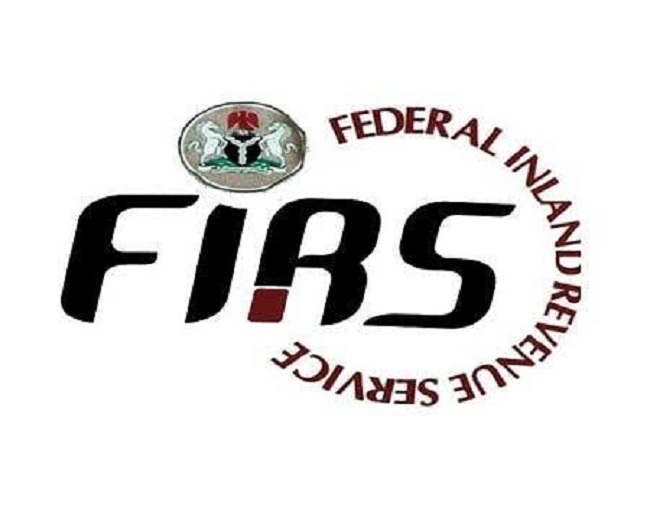The Federal Inland Revenue Service (FIRS), on Wednesday, faulted the N2.59 trillion Tax Credit Scheme on road construction initiated by the administration of former President Muhammadu Buhari, an intervention measure to address the infrastructure deficit in Nigeria.
The Federal Executive Council under Buhari ‘s watch, had introduced the scheme through Executive Order 7 of 2021, where the NNPCL, through the Federal Ministry of Works, took over the construction of some major road projects, while FIRS foot the bill from what should been the accrued taxes of the oil company.
But, during a meeting with the Senate Committee on Finance in Abuja, FIRS’s Chairman, Zacch Adedeji, said much as the idea was to fund road infrastructure, the procedure adopted in implementing it was illegal and recommended that it should be stopped.
The committee, which is chaired by Senator Sani Musa, had invited officials of the NNPCL, FIRS, and ministry of works to shed light on the scheme as well as the $3.3bn the oil company facilitated for the Central Bank of Nigeria (CBN) support its efforts to stabilise the Naira.
The Chief Financial Officer of NNPCL, Umoru Ajiya, while addressing the committee, said N664billion had been spent so far on the scheme.
But, Adedeji told the committee that the responsibility of a revenue agency like FIRS was not to spend money it generated on projects, without first paying it into the Federation Account.
According to him, any money spent in such a manner by the agency must first be appropriated by the National Assembly.
He stated, “The Mandate of FIRS, lumped with execution of Tax Credit Scheme for road construction, is to access, collect tax and remit it into the federation account and not to appropriate it for any purpose through executive orders.
“It is not the duty of FIRS and NNPCL to be paying contractors . The ministry of works should be, in line with its core mandate, be allowed to award road contracts and pay for them.
“The scheme to so people serves as faster way for road reconstruction or rehabilitation across the country , but we should stop increasing speed towards the wrong direction.
“As a way of stopping the wrong approach, FIRS and CBN are holding a meeting with the ministry of works Friday this week, where stock would be taken of what has been done through the scheme and thereafter, toe the right path.
“We should, in a nutshell, not continue in the wrong trajectory.”
On the $3.3bn loan it sourced for the CBN to support the country’s economy, Ajia said it was to help stabilise the volatile exchange rate regime.
He explained that the deal was a “forward crude sale” arrangement that would cover the next five years.
Ajia said the money was sourced “upfront” for the CBN as a prepayment of the royalties and taxes that accrued on the company’s operations.
Ajia disclosed that already, $2.2bn had been drawn down from the $3.3bn, adding that the primary purpose was to support the CBN’s efforts to stabilise the Naira.
Ajia said, It’s the NNPCL that is borrowing. We are supporting CBN to up its FX reserves and to support the FX market.”
He told the committee that it wasn’t the first time the company had raised money to support the economy.
“This is not the first time. During COVID, we borrowed $1bn in a crude forwarding arrangement,” Ajia added.
“But, the committee, not satisfied with the explanation given by Ajia, directed the NNPCL to forward detailed information to it on all the forward sale arrangements in its books.
“What is the quantum of forward sales in all your arrangements?
“Get us through the list of all of these forward sales,“ he said.
